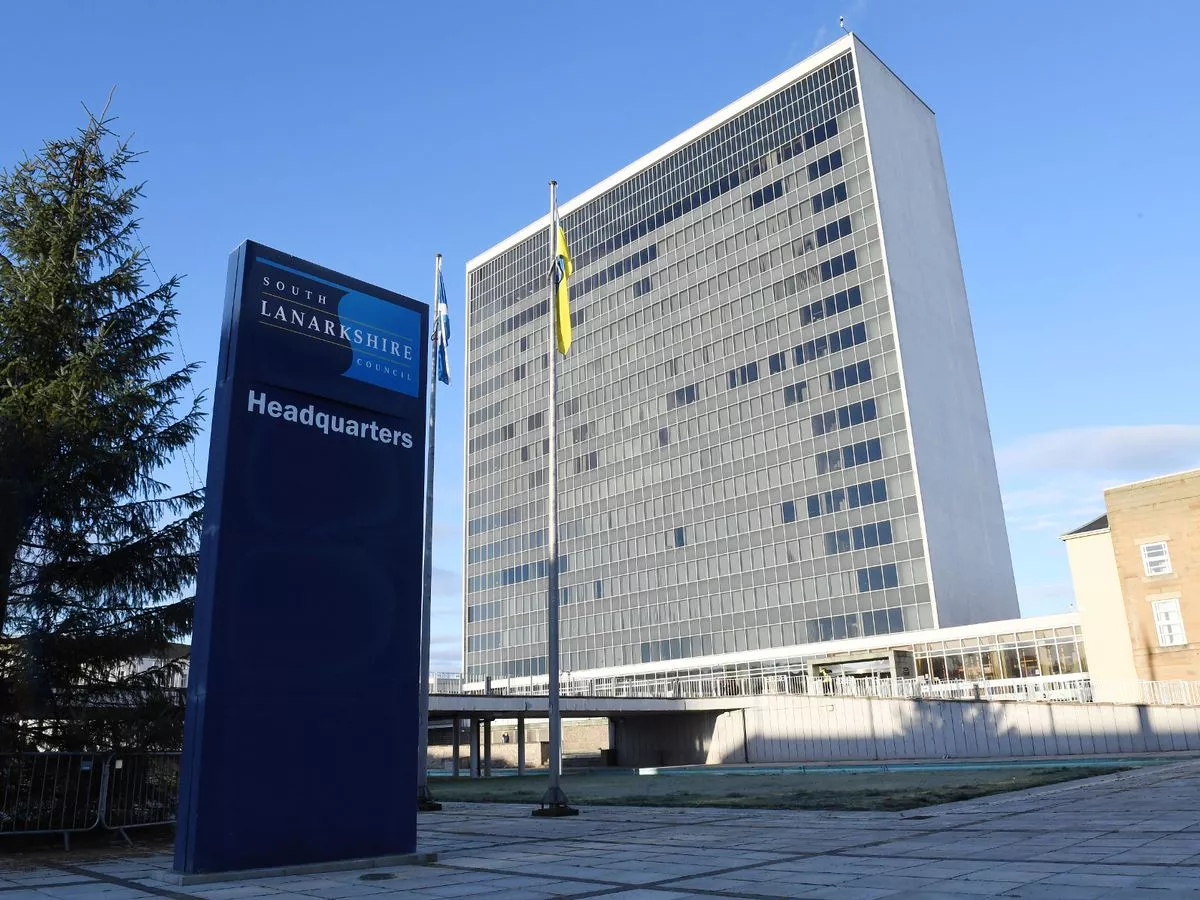Copyright thehindubusinessline

The pulses trade feels the imposition of duty on yellow pea imports will arrest further price decline. While the trade has been demanding a duty of 50 per cent on cheaper imports, the government has levied a tariff of 30 per cent, comprising of 10 per cent customs duty and 20 per cent agriculture infrastructure development cess, effective November 1. Bimal Kothari, Chairman, India Pulses and Grains Association (IPGA), said: “The yellow pea market has gone up by just ₹2-2.5 per kg at the most as the whole idea of duty was to contain cheaper imports. It will contain the declining trend in prices. We were expecting prices of yellow peas to come down to ₹28-29 per kg this year and it will not come to that level. Prices of yellow peas are hovering around ₹35 per kg in today’s market after the announcement. However, there has been no impact on other pulses.” Yellow pea prices, which were hovering between $375-400 per tonne last year, have now come down to around $300-320 per tonne levels. “So, whatever the duty has been there that much price has already come down. Effectively if you see, we are getting the cargo at the same landing price what we were getting it during the last year at the same time,” Kothari said. Idea still missing Trade bodies led by IPGA had been demanding a levy of 50 per cent on yellow pea to curb cheaper imports. With the announcement of 30 per cent tariff, the idea to contain the cheaper import is still missing, but this will at least, give a positive signal to the market, positive signal to the trade industry, a positive signal to the farmers that government is trying to contain it gradually, Kothari said. “I think government is taking very cautious steps. They do not want the price to go up sharply and it may cause inflation,” he said. India had imported a record volume of pulses during FY25. The Imports of yellow peas almost doubled during FY25 at over 21.45 lakh tonnes over corresponding last year’s 11.69 lakh tonnes. The Government had opened up yellow pea imports in December 2023 to boost the pulses supplies in the wake of a lower chana crop during 2024. Published on October 30, 2025



